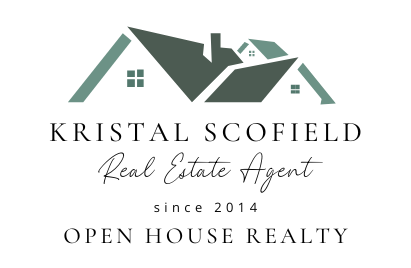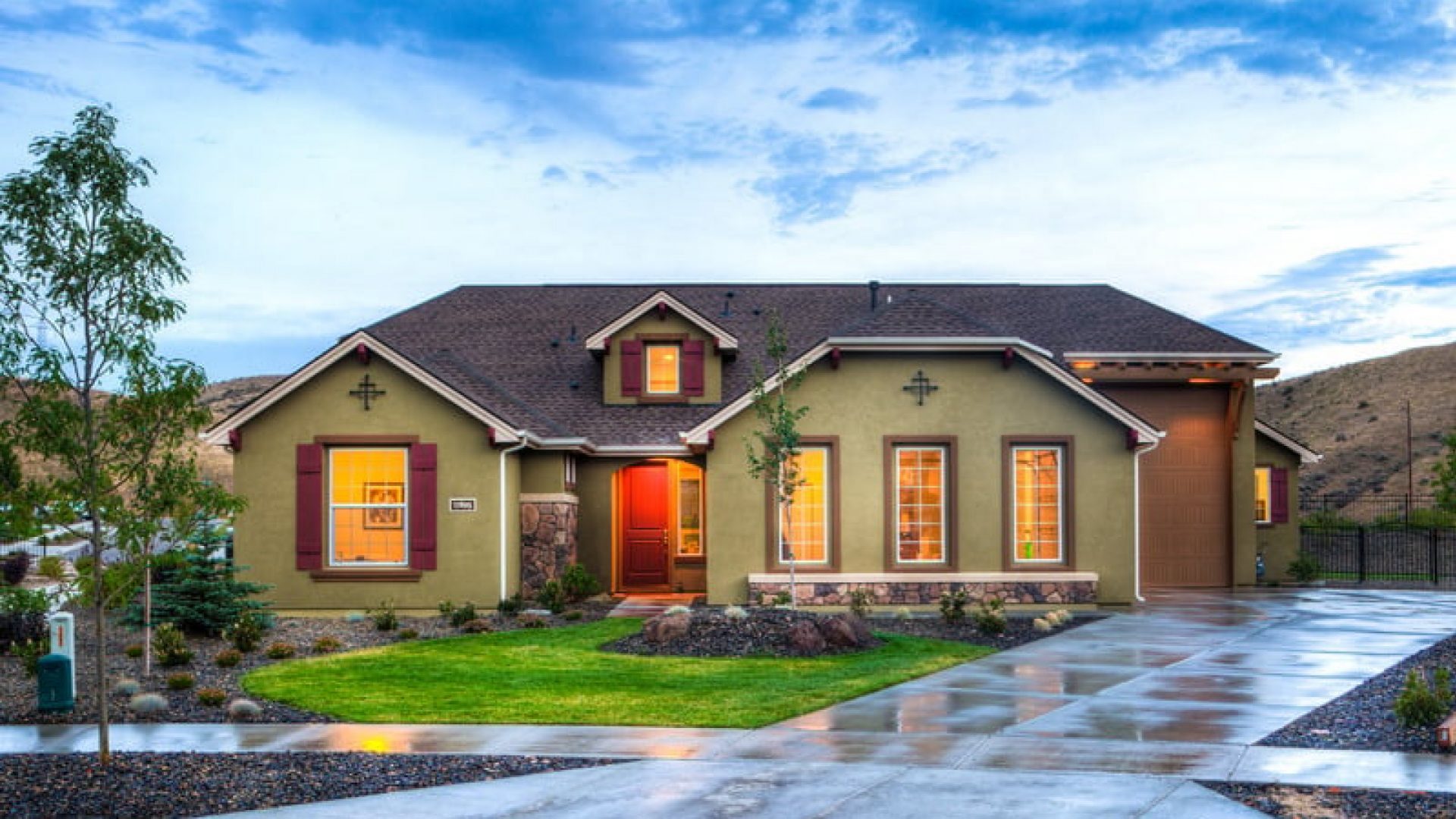What kind of community are you looking for?
- Lifestyle Match: Understanding the lifestyle you as a homebuyer desire can guide you towards neighborhoods that align with your daily activities. For instance, young professionals might prefer a neighborhood close to entertainment, nightlife, or business districts, while families might prioritize areas with good schools, parks, and family-friendly activities.
- Social Interaction: This aspect touches on the buyer’s desire for community engagement. Some might seek a tight-knit community where neighbors know each other, perhaps with community events or shared spaces like gardens or clubhouses. Conversely, others might value privacy and prefer areas where social interactions are more at their discretion.
- Amenities and Services: The “vibe” can also encompass what amenities are accessible. This could mean proximity to public transport, good hospitals, shopping centers, or recreational facilities like gyms, pools, or sports clubs.
- Safety and Security: Neighborhood vibe often correlates with the perceived or actual safety levels. Homebuyers might prioritize areas known for low crime rates or equipped with community watch programs or good policing.
Expanding on this question can help you dive deeper into understanding your homebuyer preferences and lifestyle.
- Future Development: Some might look for neighborhoods with potential for growth or improvement, perhaps areas undergoing revitalization or those slated for future development, anticipating an increase in property value or quality of life.
- Environmental Factors: The “vibe” might also relate to environmental aspects like noise levels, air quality, proximity to nature, or even the climate. For example, some might prefer areas with a sea breeze, while others might seek the quiet of forested areas.
- Economic Diversity: Neighborhoods can also reflect economic diversity. Some might prefer areas with a mix of income levels for a balanced community feel, while others might look for upscale neighborhoods or places with a strong sense of economic stability.
- Historical or Architectural Interest: For some, the neighborhood vibe might be tied to its history or architectural style, attracting buyers who appreciate historical homes, Victorian streets, or modernist developments.
By exploring these facets, homebuyers themselves can better assess what truly matters to them in a neighborhood beyond just the property itself.

